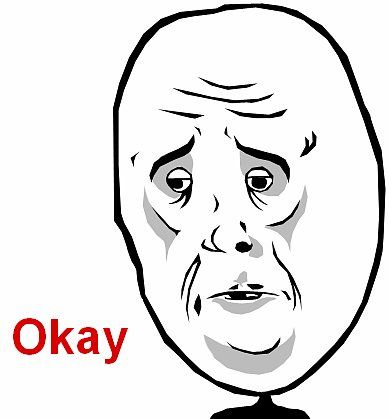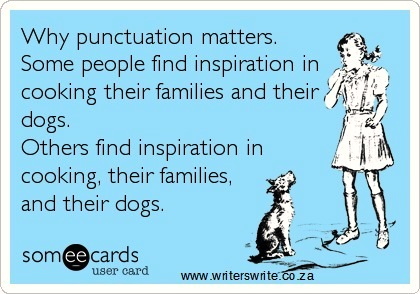I ain't got no idea why Mama says don't worry 'bout no money. She sends me to the other room to do my homework sometimes, and they thinking I'm focusing real hard, but I can hear Mama and Daddy fussing with Grandmama about that check. They worrying 'bout money all the time. I can't hear what they saying, but sometimes my Daddy's voice come up real loud and I can tell he's worried - real worried, ever since Grandmama told me about the new house she done got me for when I'm all grown. Now I know my Daddy wouldn't never do nothing bad for me or Mama or aunt Beneatha and I wanna grow up to be just like him. And even though Mama can be a real pain making me get outta bed so early and such, I know I always be her "little old angry man" (30). But when they get on yelling like that I can't help feeling scared some. I thought when that check comes my Daddy will be acting fine again. Seems like things always fine when people are rich.
Well, turns out I was worrying for nothing. Today I saw a strange white man sitting in our little apartment. He was a nice looking white man, but something about him made me feel done uneasy. Good thing my Daddy was there right with me. My daddy he told that white man something special. He told him that we a family of proud, proud people. He told that white man that aunt Beneatha gone' be a doctor and we gone' be good neighbors and that I make "the sixth generation of our family in this country" (148). I ain't never felt so proud before as I was standing there next to my daddy in front of that white man. After my daddy done talking, that white man he scurried out of our apartment like a scared little mouse. Gaalee! Now we moving to our new house out in Clybourne - and it'll be all mine someday. I ain't ever figured out what all the fuss was about, but I knew my daddy wouldn't never let me down. Hot dog!
 |
| My photoshop skills |






















